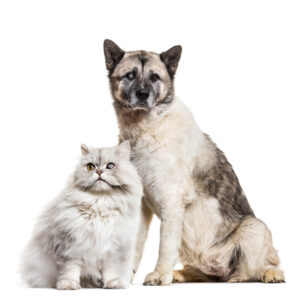Our animal hospital offers comprehensive care for pets at all stages of life, prioritizing their well-being and happiness. As pets grow older, it becomes crucial to schedule regular exams to identify any changes in their health. We consider pets aged seven years and above to be senior.
Pets in their senior years experience changes in their bodies much like elderly humans do. As they age, they are at a higher risk of developing chronic conditions such as major organ failure, tumors (benign and malignant), arthritis, hearing and vision loss, and dental disease. However, pet owners should be aware that many of these disorders and diseases can be managed or resolved through medical intervention, especially when detected early.

Dog Years VS Human Years
7 dog years = 44 – 56 years
10 dog years = 56 – 78 years
15 dog years = 76 – 115 years
20 dog years = 96 – 120 years
Cat Years VS Human Years
7 cat years = 54 years
10 cat years = 63 years
15 cat years = 78 years
20 cat years = 97 years
Our hope is that all senior pets have the chance to live a long, healthy life. At Dix Hills Animal Hospital, our veterinarians understand the importance of shifting focus from treating sick animals to detecting disease in its early stages. This approach increases the likelihood of older pets living longer, happier, and better-quality lives. Our aim is to collaborate with pet owners to help their pets live as long as possible by providing top-notch medical surveillance and preventative care.
Prioritizing Preventive Care for Senior Pets
Scheduling regular visits to Dix Hills Animal Hospital is one of the easiest ways to support your senior pet as they age. In addition, there are a number of other options to consider, including the following:
MOBILITY ASSISTANCE
Due to aging, senior pets may experience mobility challenges and may find it difficult to move comfortably. To assist them, you can add ramps to high areas such as beds and furniture. You can also place rugs on slippery flooring to improve traction.
EXERCISE
Exercise is important at all life stages, and that includes senior pets. Exercising your senior dog or cat can help them prevent weight gain, stay mobile, and even boost their mood. Your pet may be getting older, but they are still curious and enjoy the stimulation!
COMFORTABLE BEDDING
Senior animals will benefit from having a soft and supportive place to get comfortable. You should consider providing your pet with comfortable bedding to ease their aging bodies.
HEALTHY DIET
To ensure optimal digestion and caloric intake, aging pets should consume food that is specifically designed for their age group. If you have any questions about your pet’s diet, please speak with one of our veterinarians.
CAREFUL MONITORING
As your pet ages, it is important to pay attention to changes in their behavior and mood. Changes in eating, drinking, sleeping and bathroom patterns should be discussed with your veterinarian at your pet’s next visit.
Senior Wellness Programs
Certain breeds “age” faster than others. It has been long known that smaller breeds live longer than giant breeds. For practical purposes, we will consider dogs and cats over eight years old senior, and dogs (over 90lbs) senior at seven years. The programs we have designed are aimed at early discovery and control of the risk factors of diseases and the early detection of sub-clinical diseases in aging pets. It begins with the pet entering its senior years and will be continued through the ensuing years. The Senior Care Basic Program is the minimal baseline protocol for older pets.
This program is for pets in the senior years that are considered “healthy” by you and the doctor. This includes a detailed history, including diet, behavior, and medical history, a thorough physical exam, a group of tests that will include blood, urine, stool, and test on the eyes, EKG, and blood pressure. The Senior Care Plus is the minimum for a pet that is experiencing signs and/or symptoms of a disorder or dogs or cats that have breed-specific age-related problems. The program includes the above, plus a chest X-ray and abdominal ultrasound. All program services will be provided at a discount.
A consultation with the doctor to discuss results and recommendations will follow. If abnormalities are identified on baseline testing, then additional tests might be necessary. You will also receive a written summary of results and recommendations. We hope you agree that these programs provide a wonderful opportunity for us to truly provide the finest care available for older animals.
Canine Senior Wellness Programs
Basic
-
You save $358.25 with this program (that’s 40%!)!
-
Exam or Consultation (non-plan fee: $77)
-
Comprehensive Blood Test (non-plan fee: $209.50)
-
Thyroid Screening (non-plan fee: $208)
-
Urinalysis (non-plan fee: $80.00)
-
Stool Analysis (non-plan fee: $57.75)
-
EKG (non-plan fee: $86)
-
Eye Pressure (non-plan fee: $59)
-
Schirmer Tear Test (non-plan fee: $37)
-
Heartworm, Lyme, Ehrlichia & Anaplasma Test (non-plan fee: $73)
Plus
-
You save $582.25 with this program (more than 40%!)!
-
Exam or Consultation (non-plan fee: $77)
-
Comprehensive Blood Test (non-plan fee: $209.50)
-
Thyroid Screening (non-plan fee: $208)
-
Urinalysis (non-plan fee: $80)
-
Stool Analysis (non-plan fee: $57.75)
-
EKG (non-plan fee: $86)
-
Eye Pressure (non-plan fee: $59)
-
Schirmer Tear Test (non-plan fee: $37)
-
Heartworm, Lyme, Ehrlichia & Anaplasma Test (non-plan fee: $73)
-
PLUS: Chest X-Ray (non-plan fee: $165)
-
PLUS: Abdominal Ultrasound (non-plan fee: $405)
Feline Senior Wellness Programs
Basic
-
You save $379.25 with this program (that’s more than 40%!)!
-
Exam or Consultation (non-plan fee: $77)
-
Comprehensive Blood Test (non-plan fee: $209.50)
-
Thyroid Screening (non-plan fee: $208)
-
Urinalysis (non-plan fee: $80)
-
Stool Analysis (non-plan fee: $57.75)
-
EKG (non-plan fee: $86)
-
Blood Pressure (non-plan fee: $57)
-
Feline Leukemia, AIDS & Heartworm Test (non-plan fee: $83)
Plus
-
You save $573.25 with this program (more than 40%!)!
-
Exam or Consultation (non-plan fee: $77)
-
Comprehensive Blood Test (non-plan fee: $209.50)
-
Thyroid Screening (non-plan fee: $208)
-
Urinalysis (non-plan fee: $80)
-
Stool Analysis (non-plan fee: $57.75)
-
EKG (non-plan fee: $86)
-
Blood Pressure (non-plan fee: $57)
-
Feline Leukemia, AIDS & Heartworm Test (non-plan fee: $83)
-
PLUS: Chest X-Ray (non-plan fee: $165)
-
PLUS: Abdominal Ultrasound (non-plan fee: $405)


